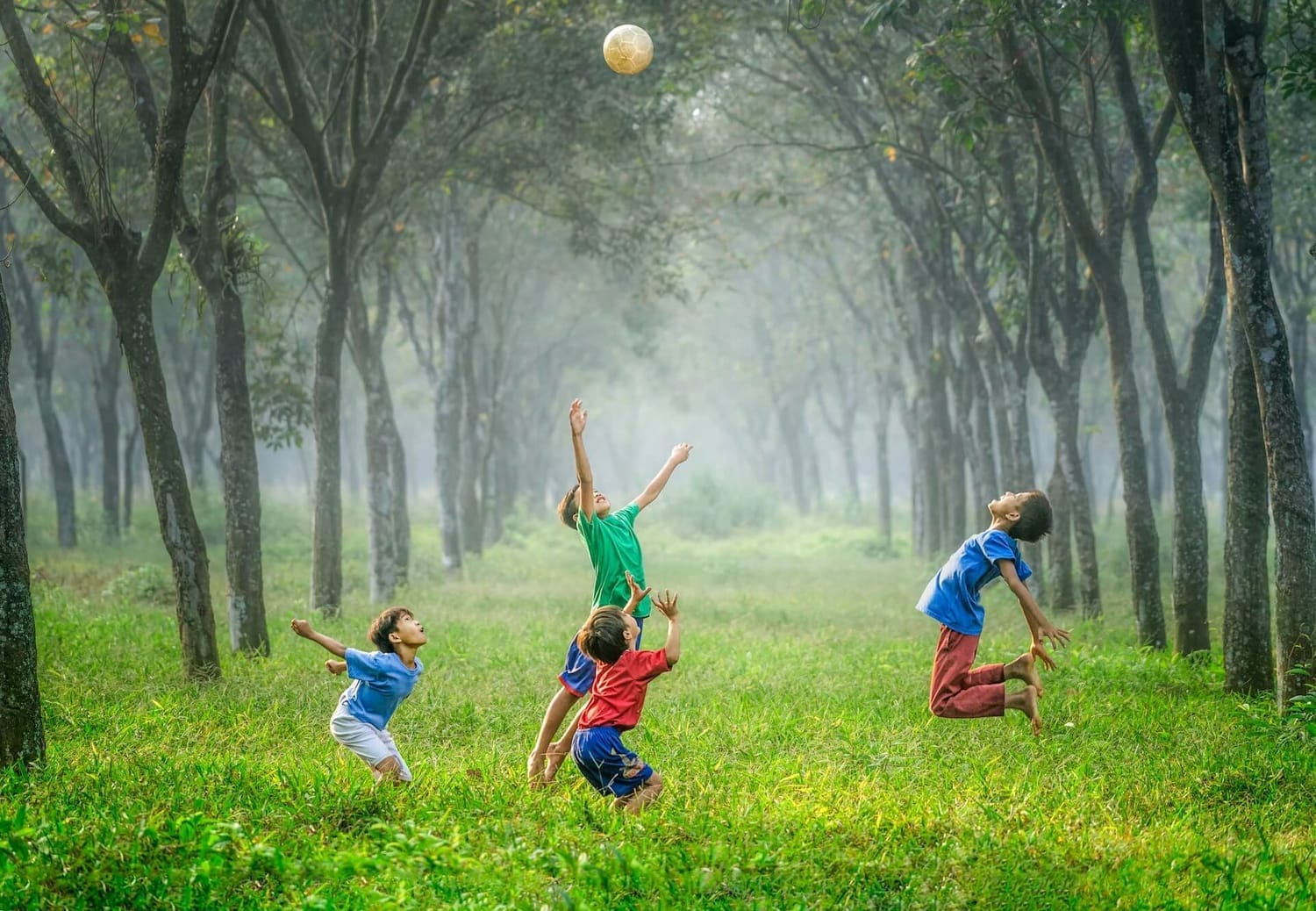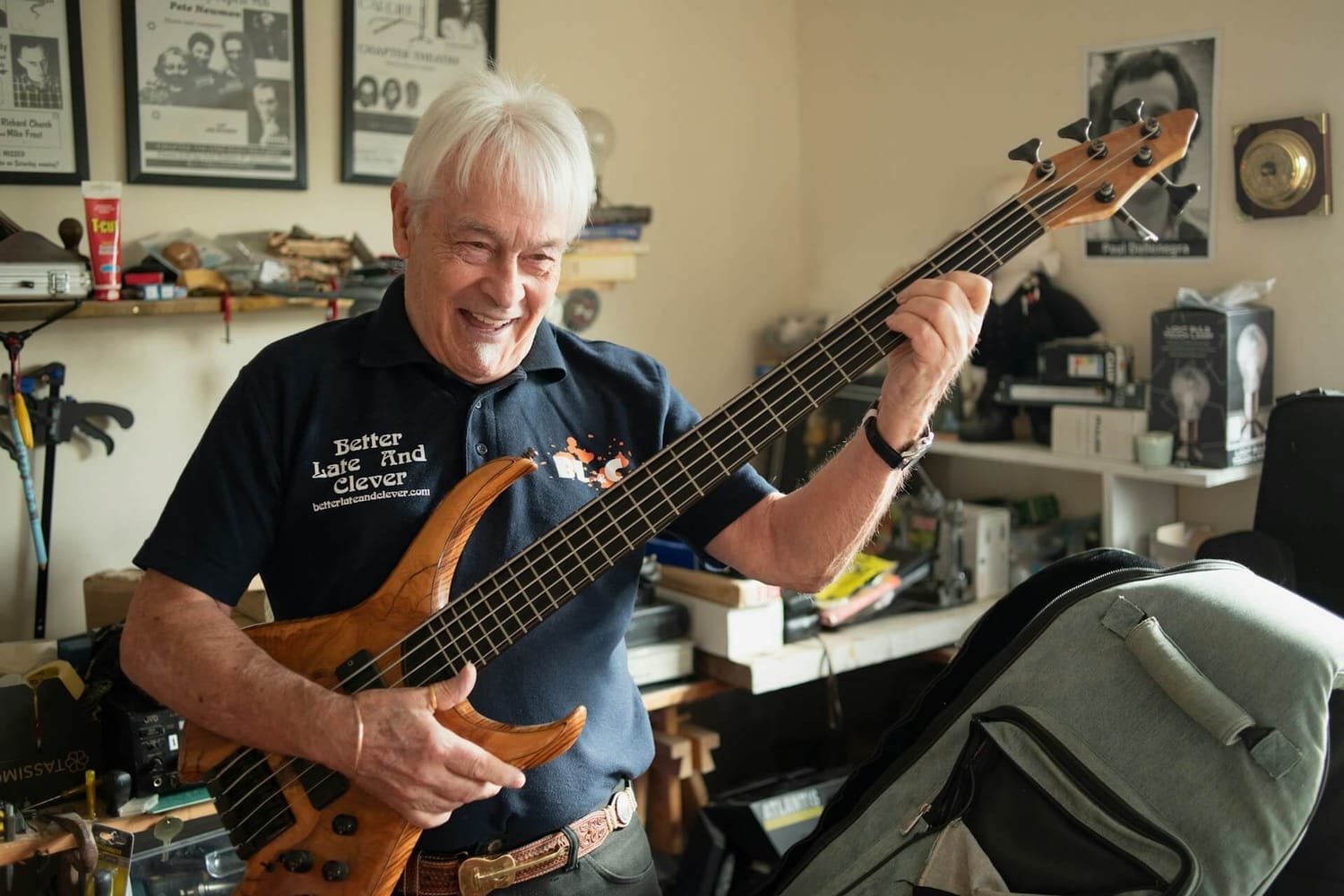Need for Play
Play is an activity that is freely chosen, intrinsically motivated, and often engaged in for pleasure.
It can be physical or creative. It is a state that promotes joy, curiosity, and exploration. It is free of rigid rules. It promotes laughter and triggers endorphins. It allows the brain to think freely, make new connections, solve problems, and adapt to new situations.
Our Western society is increasingly fast-paced and achievement-driven. Too many adults view play and fun as luxuries, a waste of time, and the things of childhood.
But children also miss out on play when their parents trade playtime for structured activities instead.
Mounting research shows us that play and fun are not optional pleasures, but essential components of mental health and psychological well-being across one’s entire lifespan.
From childhood development to adult resilience, the ability to engage in playful activities serves as an essential building block for emotional stability, social competence, and cognitive flexibility.
Children with limited opportunities for unstructured play are more vulnerable to stress, depression, and anxiety, while those with ample play experiences develop stronger emotional resilience and social skills.
Let’s look further.

The distinction between structured activities and free play is crucial.
While organized sports, music lessons, and educational programs provide benefits, they cannot substitute for unstructured, child-initiated play.
Free play through by its voluntary nature, intrinsic motivation, and absence of predetermined goals, offers unique developmental advantages that structured activities cannot replicate.
Unstructured play serves as a natural laboratory for social development. When children engage in free play with peers, they must negotiate roles, resolve conflicts, and collaborate toward shared goals.
They learn essential social skills through trial and error, developing the ability to read social cues, practice empathy, and understand fairness.
As Anthony Pellegrini [educational psychologist University of Minnesota] noted: You don't become socially competent via teachers telling you how to behave. You learn those skills by interacting with your peers.
Children use more sophisticated communication when playing with other children than when interacting with adults.
In pretend play, they must articulate complex ideas about imaginary scenarios, requiring advanced linguistic skills to convey their intentions and maintain the collaborative fantasy.

The benefits of play extend to neurobiological changes.
Play fighting and roughhousing triggers the release of a brain-derived neurotrophic factor, a protein that stimulates the growth of new neurons in brain regions associated with emotional regulation and social learning – it builds the neural architecture for healthy emotional and social functioning.
The need for play doesn't end with childhood. Adults who regularly engage in playful activities report lower stress levels, better social connections, and higher life satisfaction.
The psychological benefits of adult play mirror those seen in children: enhanced creativity, improved problem-solving abilities, and greater emotional resilience.
The work of Dr. Stuart Brown [psychiatrist, clinical practitioner, author, researcher, and founder of National Institute for Play] emphasizes that the opposite of play is not work; it's depression."
He states we are built to play and built by play.
Dr. Brown discovered a correlation between violent criminal behavior and a lack of play in the lives of the perpetrators. This included his investigation in 1966 of Charles Whitman and the University of Texas Tower shooting of 46 people.
As part of that pilot study, he interviewed 26 convicted murderers where he found that they shared two common traits: they came from abusive families, and they never played as children.
In the ensuing years, Dr. Brown has interviewed over 6,000 adults about their childhoods. He concluded that the lack of opportunities for unstructured, imaginative play can prevent children from maturing into happy and well-adjusted adults.

As you can infer, the consequences of insufficient play are far-reaching and serious. Children deprived of adequate play opportunities show increased rates of anxiety, depression, and behavioral problems.
They struggle with emotional regulation, have difficulty forming healthy relationships, and often lack the creative problem-solving skills that play naturally develops.
Yet despite its obvious importance, play opportunities have declined dramatically in recent decades. Children's free play time dropped by 25% between 1981 and 1997, with the trend continuing today.
Parents, concerned with academic achievement and college admissions, increasingly fill children's schedules with structured activities, thus reducing the unstructured play time that supports healthy development.
Rather than being the opposite of learning, play is one of the most effective ways children acquire essential life skills.
The creative problem-solving, social negotiation, and emotional regulation that emerge through play cannot be taught through direct instruction – they must be experienced and practiced.

What can we do to address this situation? Here are some suggestions.
For children:
Protect time for unstructured, child-initiated play
Provide opportunities for social play with peers
Reduce over-scheduling of structured activities
Create safe spaces for exploratory play
Let children be children and experience unfettered joy
Know that conflict and frustration in play are normal and beneficial
For adults:
Engage in creative hobbies and pastimes
Participate in games and puzzles
Spend time in nature
Engage in physical play with pets, children, other adults
Allow time for spontaneous, unstructured fun
Join a group focused on playful activities, improv, or sports

Play and fun are not luxuries but necessities for mental health and well-being.
Engaging in playful activities serves essential psychological functions that cannot be replicated through other means.
Recognizing the value of play requires a fundamental shift in how we think about productivity and success.
True productivity includes the capacity for joy, creativity, and connection – all of which emerge most naturally through play.
It keeps essential human capacities strong, ensuring that we remain not just functional but fully alive to the possibilities and joys that life offers.

References
New Research Shows Why Kids Need Play for Mental Health | Psychology Today
The Positive Impact of Play on Mental Health: A Path to Emotional Well-being
The Serious Need for Play | Scientific American
Dignity Health | The Importance of Play: Why We All Need to Have Fun | Dignity Health
Have Fun: The Key to Health and Well-Being — Dr. Greg Wells
Hi, I'm Ellen...
... and I am a writer, coach, and adventurer. I believe that life is the grand odyssey that we make of it.
I would like to help you live a truly magnificent and happy life no matter your age and current situation.
You deserve to experience your hero’s journey to its fullest.
What are you waiting for?
There is only now and the next choice.
Subscribe to my email list here
your privacy is protected and you can unsubscribe any time
Subscribe to the Triumph and Grace newsletter
your privacy is protected - unsubscribe any time

